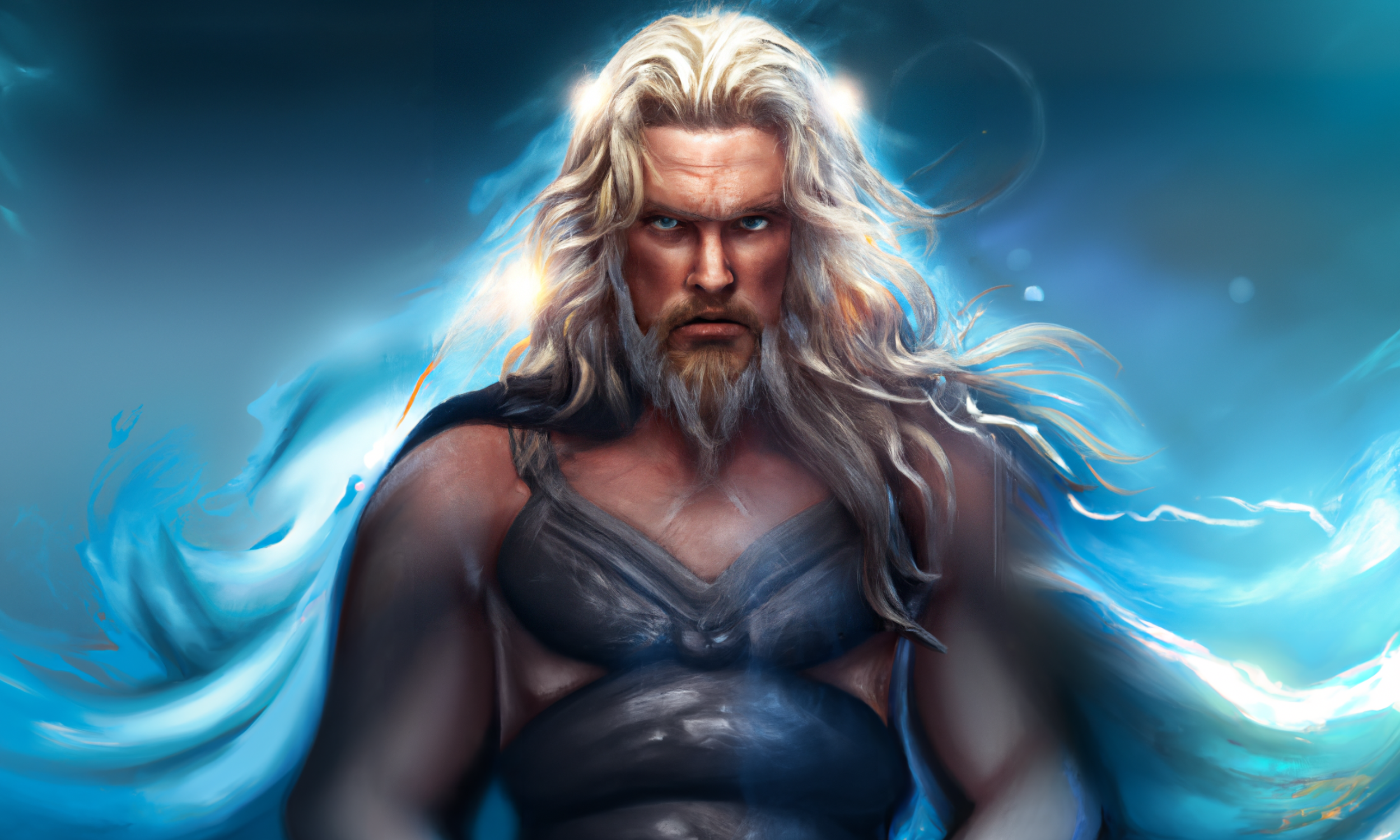VALKYRIES
Valkyries, the Choosers of the Fallen:
The Valkyries are an impressive group of female entities tasked with a highly solemn duty: they serve as the arbiters of the slain. They are often characterized as strikingly beautiful, yet undeniably formidable women of battle, valiantly riding atop winged steeds and brandishing potent armaments like spears and shields. Their primary function lies in determining which warriors will succumb on the battlefield and which ones will survive, a process of selection based on valor and combat prowess. Moreover, they bear the responsibility of guiding the spirits of the fallen to the majestic hall of Valhalla. There, these chosen souls are inducted into the revered ranks of the Einherjar, forming an assembly of elite fighters destined to stand shoulder to shoulder with the gods in the cataclysmic confrontation of Ragnarok. Intrinsically linked to the god Odin, it was believed that he would dispatch the Valkyries onto the battlefield, entrusting them with the task of selecting the bravest and mightiest warriors. Viewed as potent and enigmatic entities, they wielded the power to steer the destiny of warriors and entire kingdoms. The term "Valkyrie" is rooted in Old Norse, traditionally interpreted to signify "chooser of the slain," "selector of the fallen," or simply, "fallen warriors." The etymological breakdown reveals two root words: "valr," encapsulating the notions of "the slain" or "the fallen," and "kýrja," conveying the actions "to choose" or "to decide." This name aptly mirrors the pivotal role of the Valkyries as celestial figures who determine which warriors meet their end on the battlefield and which ones are destined to survive.
The portrayal of the Valkyries permeates several key texts within Norse mythology. The Poetic Edda, a renowned compendium of Old Norse verse, harbors numerous poems centering around the Valkyries, notably the "Völuspá," also known as the "Prophecy of the Seeress." The Prose Edda, alternately termed the Younger Edda, is an invaluable contribution by the Icelandic scholar Snorri Sturluson. It offers an in-depth elucidation of the Valkyries, presenting a comprehensive overview of their part in Norse mythology. Njal's Saga, a poignant narrative from the annals of 13th-century Icelandic sagas, also introduces Valkyries as influential characters within the plot. Further, Beowulf, a notable Old English epic, alludes to Valkyries and their crucial role in selecting the deceased warriors destined for Valhalla. The "Ring Cycle", a sequence of four operas composed by Richard Wagner in the 19th century, is deeply rooted in Norse mythology, prominently spotlighting the Valkyries.
In conclusion, the Valkyries hold a position of considerable importance and respect within Norse mythology, being an integral and potent group of female divinities. These divine entities were believed to possess the power to dictate the fate of warriors in combat, deciding those who deserved to be transported to the glorious hall of Valhalla. Moreover, the Valkyries were often linked with elements such as destiny, honor, and death, and were typically depicted as resolute, beautiful women. Their narratives have been passed down, adapted, and reimagined over the centuries, giving rise to a diverse array of art forms, literature, and music inspired by their stories. While they were often seen as intimidating due to their role in deciding the fate of warriors, the Valkyries were also highly regarded as protectors and advocates of the warriors they chose. Their enduring legacy continues to captivate and stir the imagination of people worldwide, their tales resonating through the ages. As crucial figures in Norse mythology, the Valkyries not only serve as a symbol of the indomitable warrior spirit but also exemplify the importance of feminine power in the cosmos, highlighting a harmonious balance between the two.
Other Readings:





